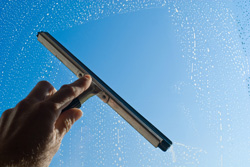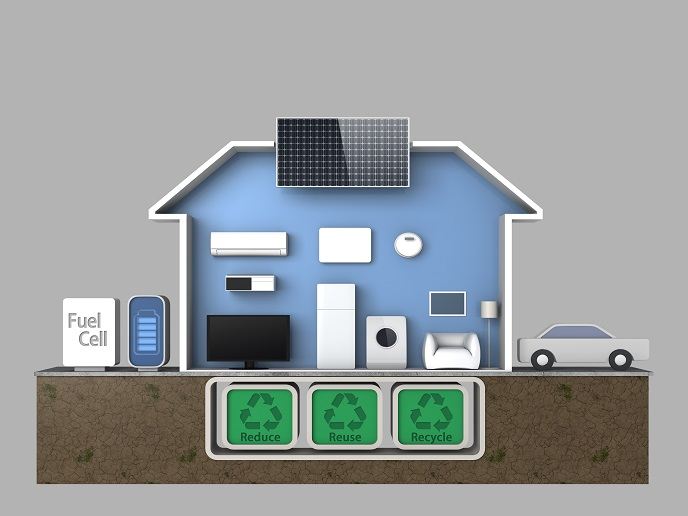Performance standardisation for self-cleaning glass
Glass installations such as that in building windows or motor vehicles become soiled by rain and pollutants and visibility is thus inhibited.Within the last decade, photo-catalytic self-cleaning glazing has become widespread in Europe enabling the breakdown of organic stains on glass surfaces exposed to UVA radiation. However, no certified standardised tests are available to evaluate the performance of the self-cleaning products. European researchers set out to develop a European standard for self-cleaning glass with funding for the SELF-Cleaning GLASS project. Investigators studied the influence of various parameters including temperature and humidity on nano-scale chemical reactions governing photocatalytic efficiency. The scientists also developed a test method for visual quality ranking (haze measurement) enabling reliable conclusions about self-cleaning performance when subjected to a sprayed soiling solution. A flow chart outlining a strategy for standardisation was submitted highlighting the benefits for customers. SELF-Cleaning GLASS outcomes have the potential to facilitate standardisation in a growing market sector, and enhance quality and reliability with important benefits for manufacturers and consumers alike.







